Welcome to the first Modular Monday! While I can't guarantee every Monday's blog will be focused on the weird and wild world of modular synthesis, today's sure is!
For this first MM, I thought I would attempt to demystify modular synths as best I can for anyone unfamiliar, or those of you watching all the YouTube videos but that maybe haven't taken the leap.
What is modular synthesis?
Webster's Dictionary defines modu... just kidding. We're not gonna do that. To put it as basically as I can, a modular synth is a synth that you assemble using different modules that each attribute a piece of the overall synth pie. There are a few different formats, but we're going to stick with Eurorack since that's what we carry here, and that's the most popular out there in the world. The benefit of modular is that you can create nearly any rig to achieve the sound that you have in your head. With a standard synthesizer, you are locked in to that synth's physical limitations; the filter it uses, how things are routed to one another, what onboard effects it has, etc... With modular synths, if you like an oscillator from one specific synth, and the filter from another, you can find modules based on those components and make your dream synth!
With that in mind, you aren't just locked into making a synth. You can make complex drum machines, samplers, glitchy acid boxes, ambient soundscape generators... maybe you want to build a thing you can plug your guitar into and use like a pedalboard with a more granular control... you can do that!

Are there any drawbacks?
Yeah, for sure. For one, modular gear can be fairly expensive. Secondly, depending on the sound you're looking for, your rig can become quite complex and require a lot of different modules to get the job done. You'll certainly have fun, but it is without a doubt an investment.
There are some good solutions for that barrier to entry, though. For one, the used market for modular gear is vast, and you can typically snag some pretty good deals on things. We've got a bunch here that's just about ready to hit our website, so keep your eyes peeled for that.

Another good solution is something like the Cre8Audio NiftyBUNDLE. This gives you a case with power, as well as ports for Midi that allow you to control your whole rig with a midi keyboard, and jacks for audio out. You'll also get two pretty cool modules included with it, and a good amount of space to expand with whatever modules you'd like. For the price, it's a really hard value to beat.
How do I get started?
The advice that I typically give to people looking to jump in is to know what you're trying to achieve. It's great and exciting to get new gear and try different stuff, but if you're doing that without direction in the modular world, it can be easy to get burnt out with it. If you have a goal in mind, it's super rewarding to build towards that. Every piece you buy becomes the next step in creating your dream rig!
Another valuable thing to do is to come into a shop and try stuff out. Ask questions. Get a feel for how patching works, or just throw the headphones on and go to town. It's rare that you'll have an understanding of everything if you go in blind, there's a lot to look at on a module, so doing some in store experimenting can give you a lot of confidence that you're going in the right direction. We have a fair amount of modular on display here, and we're always happy to talk about it!

What brands should I buy?
That's a tough question. There are literally thousands of companies and small builders making quality modular gear. What we've attempted to do here is start with a handful of great companies that are well known for making excellent modules. Here are some handy recommendations to wrap up the blog!
As always, thanks for hanging and enjoy your modular journey.
-Buddy

